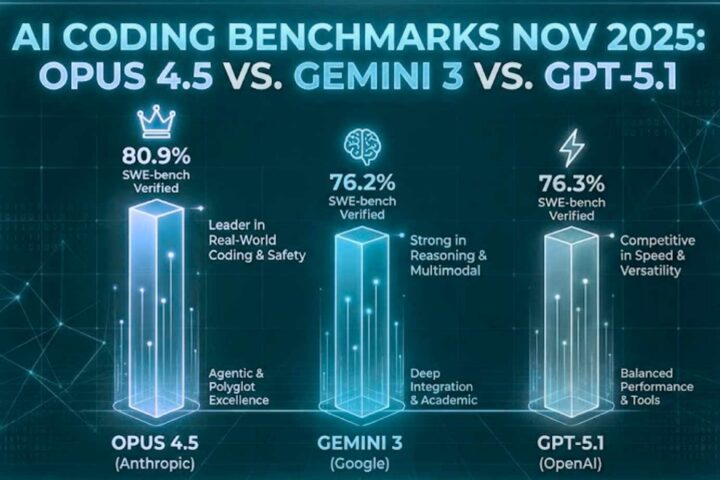Today, data engineering is a vital element of work in every company that deals with data science and artificial intelligence. However, the successful execution of data engineering projects requires some preparation and the right approach. Today, we want to focus on this element of data engineering and show you a few details you ought to think about before starting a data engineering project.
For starters, let’s briefly talk about what data engineering actually is. When you imagine a large set of AI-related fields and technologies, you will see different elements: machine learning, business intelligence, NLP, data mining, data science, and yes–data engineering, too. We can shortly say that data engineering concentrates mainly on developing, preparing, and maintaining large datasets (frequently referred to as big data) from a technical standpoint. Data engineers make sure the data in your company is ready to be used in diverse processes but also secure and organized.
The role of a data engineer
Generally speaking, data engineers focus on three elements of the data-related processes. They are responsible for:
- Extracting data: In other words, they acquire data from diverse sources and put it into the data platform.
- Storing data: Here, we ought to mention two crucial solutions: Data warehouses and data lakes. Both of them have some pros and cons, but data warehouses are more popular when it comes to AI primarily because they allow you to store cleaned and organized data.
- Transforming data: It’s the data engineer’s role to prepare data so that’s it can be useful for your future project. Engineers deal with cleaning, organizing, and formatting datasets.
Now that you know and understand the role of the data engineer, we can examine two major approaches to data engineering projects.
The first approach: Traditional employment
In the first, traditional approach, you have to hire a data engineer. Now, if you run a large, international company, this solution seems reasonable and apparent. After all, it would help if you had someone who will devote all their time to your project. However, there are a couple of obstacles along the way. For starters, the whole IT sector struggles with a workforce shortage.
In early 2020, a Dice 2020 Tech Job Report was published that stated that data engineer is currently one of the fastest-growing jobs in technology (in 2019), with a 50% year-over-year growth in the number of open positions. This means that experienced and skillful data engineers quickly disappear from the labor market, and finding one can be time-consuming.
Secondly, you have to remember that it’s your job as an employer to provide your engineer with everything they need to do their job effectively. Is your company ready for this? Do you have all the necessary IT infrastructure and technologies in place? If not, you should seriously consider the second option–outsourcing.
The second approach: Outsource data engineering projects
Suppose you run a company that wants to conduct some data engineering project, but there aren’t enough resources/know-how/workforce available (pick one). In such a situation, hiring an external data engineer (or, better yet, a data engineering company) can be the only way to achieve your goals.
Thanks to outsourcing, you don’t have to worry about IT infrastructure, data sources, data preparation, data warehouses, and all the other necessary elements to conduct a successful data engineering project. All of that is in the hands of your partner. Such a company works with you to get everything up and running and do so as quickly as possible.
Typically, data engineering companies have much broader capabilities and know-how, not just concerning data engineering but also other AI-related fields. This way, you don’t have to hire a whole team of specialists but just one company.
What do you need to remember concerning data engineering projects?
The list of things you have to think of doesn’t end here. There are a few more elements you have to examine before starting your new data engineering project:
THE GOAL
We frequently emphasize this question on our blog. When it comes to big data, there’s no room for art for art’s sake. Everything has to be well-thought-out and purposeful. Ask yourself a few crucial questions:
- What do we want to achieve with this project?
- What result do we expect to see, and in how long?
- Are there any different ways to achieve similar goals? Perhaps there is some ready-made SaaS tool that could deliver similar results?
BUDGET AND THE SCOPE OF PROJECT
It’s relatively easy to lose control over your project’s budget or scope. And that almost always means one thing–unnecessary expenses. Make sure there is one overseer who monitors the project’s developments and addresses all the problems and challenges on a regular basis. And what about the scope? During work, it can turn out that your project should serve a different purpose or have other features. Such a change in the middle of work can be dangerous but also necessary. Someone has to analyze the situation in a cold, analytical way and make an informed decision. If the problem you’re in is not clear to you, don’t be afraid to ask your partner to help you with it. Data engineering is always a complex endeavor, and if you’re not educated in this field, it’s easy to get lost in the process.
WHAT ARE THE NEXT STEPS?
Do you remember what we told you earlier? Data engineering is usually a part of something bigger. You have to understand the role of data engineering in a big AI picture to make the most of it. Therefore, you need to devise the action plan:
- What are the next steps?
- What do you need to complete your project?
- What kind of specialists do you need?
- How are you going to measure the results of your project?
These questions are critical in every data engineering project. With this knowledge, though, you can make sure that your project goes in the right direction and your budget is well spent.
If you’d like to find out more about the data engineering project–contact the Addepto Data Engineering services company. We are an experienced AI and data science consulting company. We will gladly assist you throughout the entire project and help you make the most of data engineering.
















